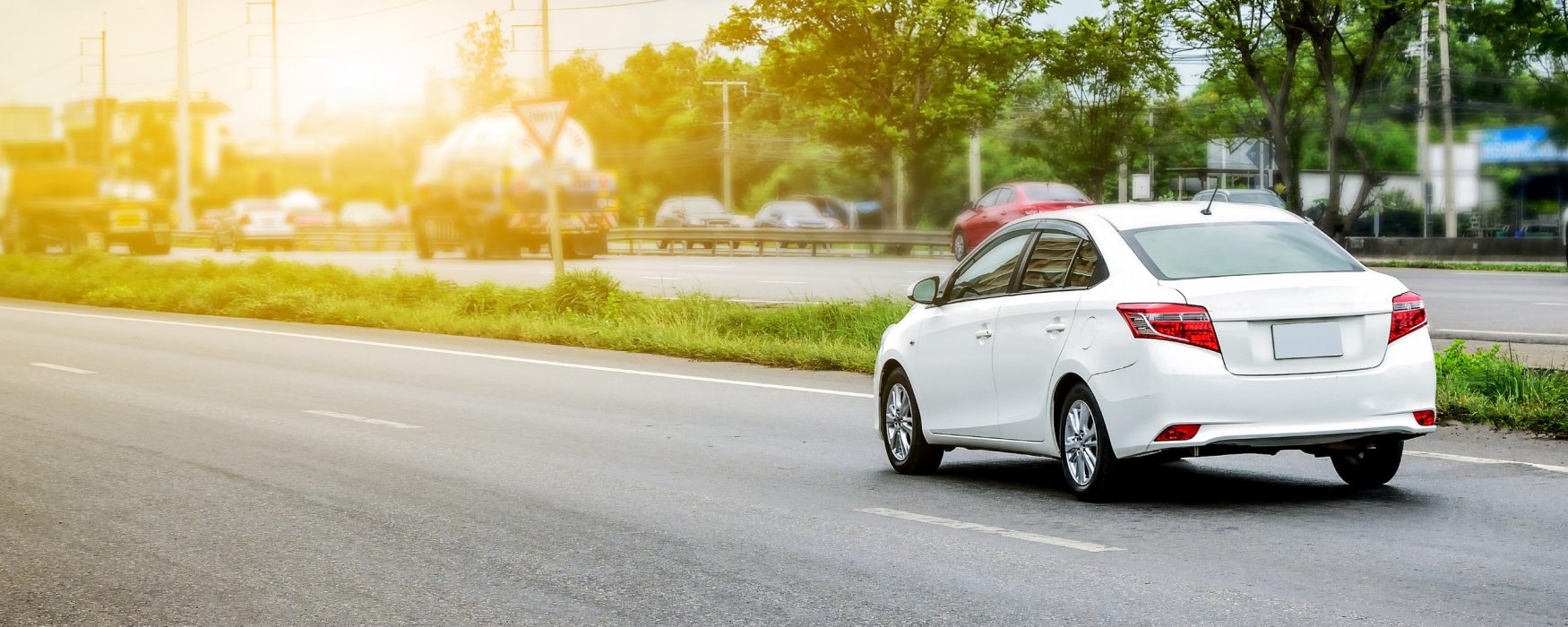
Article courtesy MIRS News, for SBAM’s Lansing Watchdog e-newsletter
Look for the new legislature to consider a new method to raise revenue to fix the roads based on miles driven.
The Ecology Center and its director, Charles Griffith,are watching the debate over a vehicle-miles traveled (VMT) tax closely.
“It’s not a bad approach,” he said. “It has its merits. We should explore a VMT approach for electric vehicles.”
Having said that, Griffith has some reservations about how you develop the technology to actually track all the miles driven. He suggested a pilot program that would only include EV drivers and not the “entire fleet” of cars on the highways today.
In addition to his go-slow approach, Griffith is concerned EV customers may shy away from a purchase because of what they could view as a double taxation system.
Griffith said EV owners are already paying a higher state registration fee because those vehicles cost more to begin with. The state also imposes an EV surcharge on top of that, averaging about $140 beginning next year.
The higher fee is based on an estimate of how much a regular car owner might pay in gas taxes each year so as to provide parity with the EV population, which now numbers more than 10,600 miles on the road.
Applying the philosophy that those who damage the roads should help pay for the repairs, the legislative liaison for a road building group is supporting a VMT fee for electric vehicles. He claims it’s the “most fair method” of collecting revenue from those motorists.
“These EVs, most of them, are heavier than normal engines because of their batteries. They are actually putting more damage into our roads without paying their fair share,” argued Lance Binoniemiof the Michigan Infrastructure and Transportation Association and he presumes the public thinks everyone should pay that fair share.
When you combine that lack of EV revenue with more fuel-efficient motor vehicles, the drain on state highway incoming revenue: “continues to decrease our revenues and we already don’t have enough revenues to keep up with our transportation system as it is.”
Griffith “totally agrees” with the road building lobby that with gas tax dollars declining a new system is needed. As it stands, more is being collected from the motor vehicle registration ($1.4 billion) than the gasoline tax ($1.11 billion), according to a September House Fiscal Agency report.
“I don’t think EV drivers should have a free ride and they should pay a fair share going forward to fix the roads. I just want it to be fair,” he said.
Outgoing House Transportation Committee Chair Jack O’Malley (R-Lake Ann) explained, “The registration fee is nice, but it’s really not the best solution in the long term . . . The miles driven, that’s the one that makes the most sense.”
For her part, Gov. Gretchen Whitmer acknowledges that a new user fee will be required, but she is not endorsing any alternative until she and the legislature have time to study the options in the new year.
Griffith observed that the VMT, from a political standpoint, would be easier to sell.